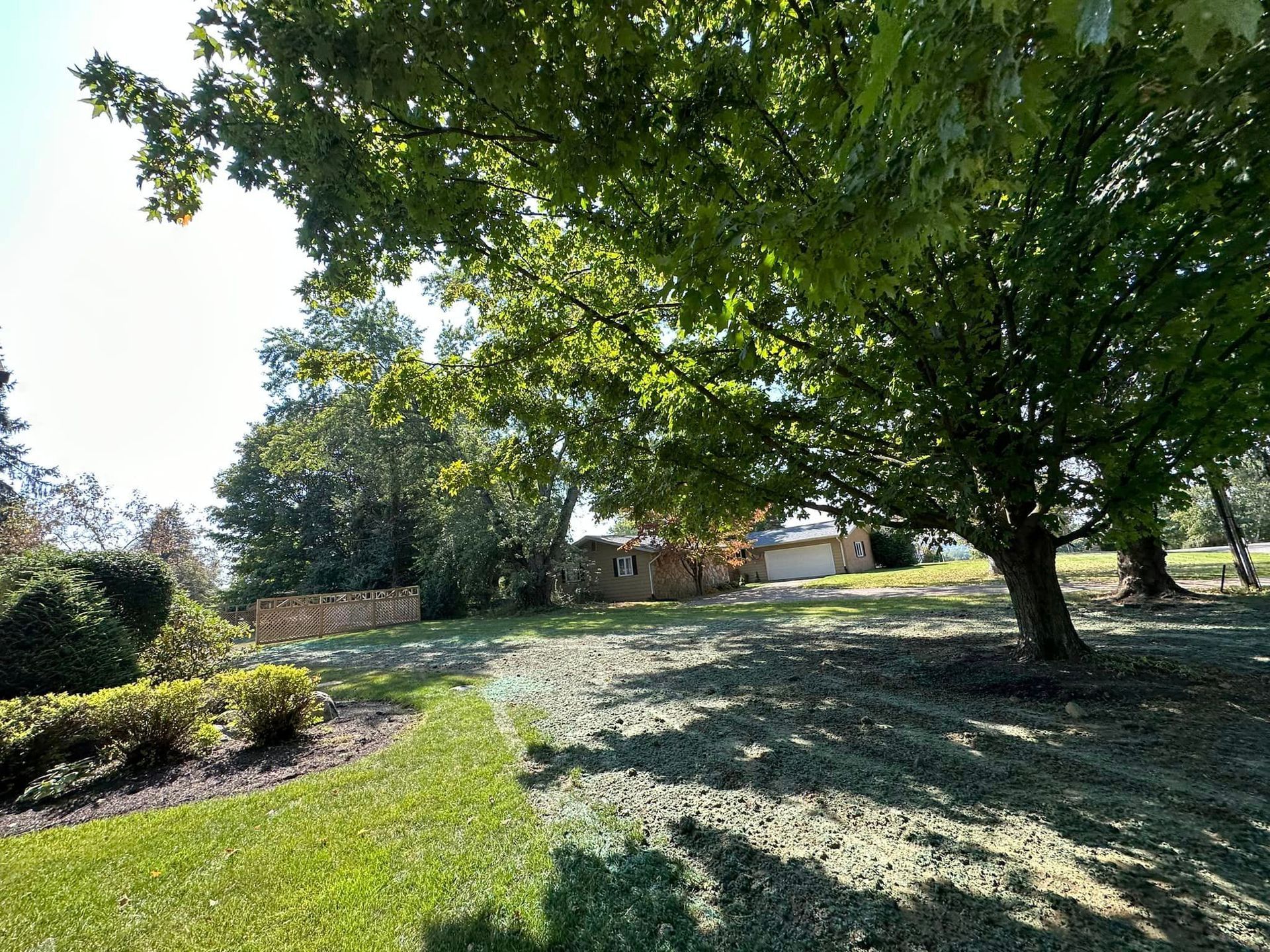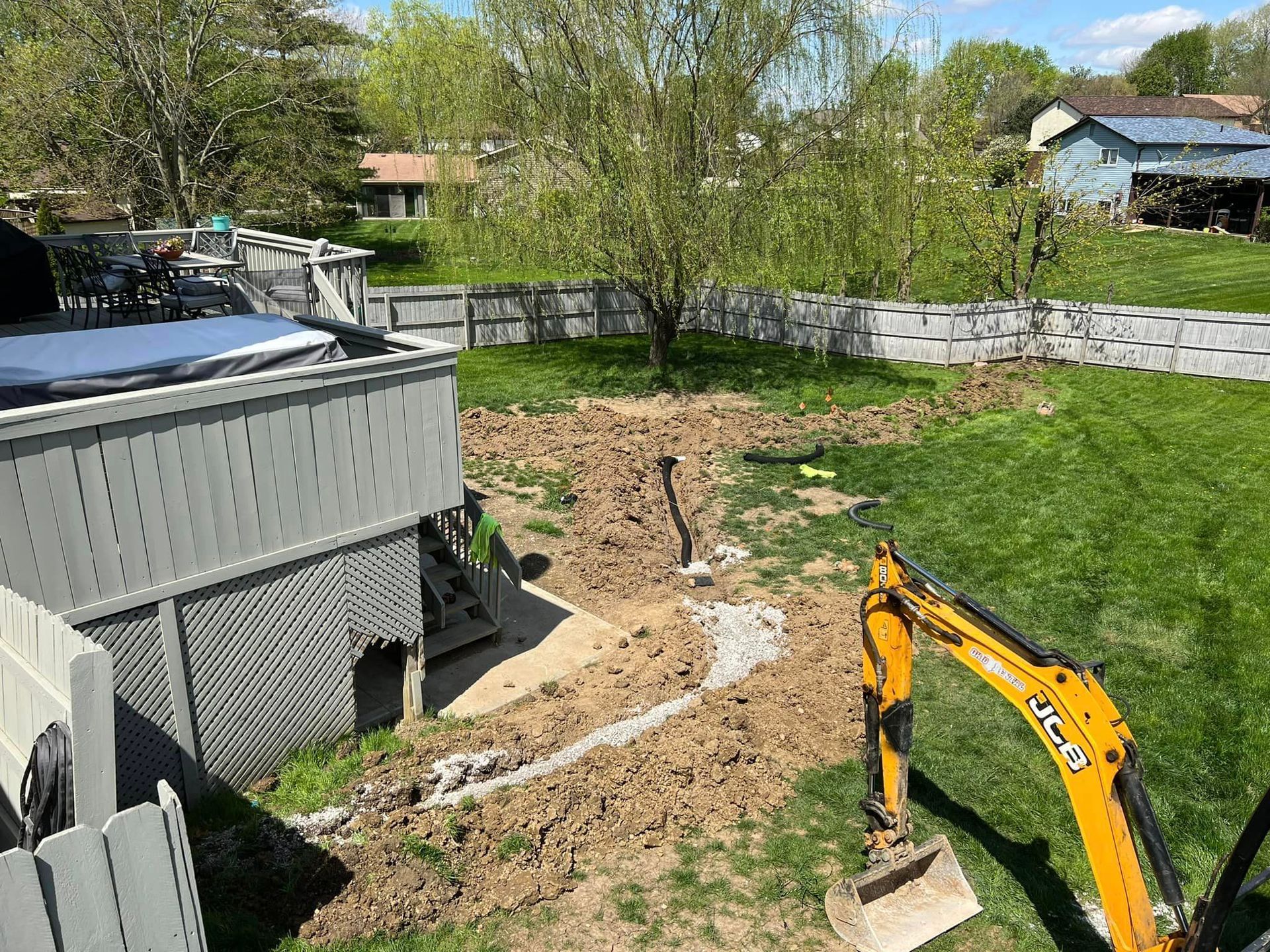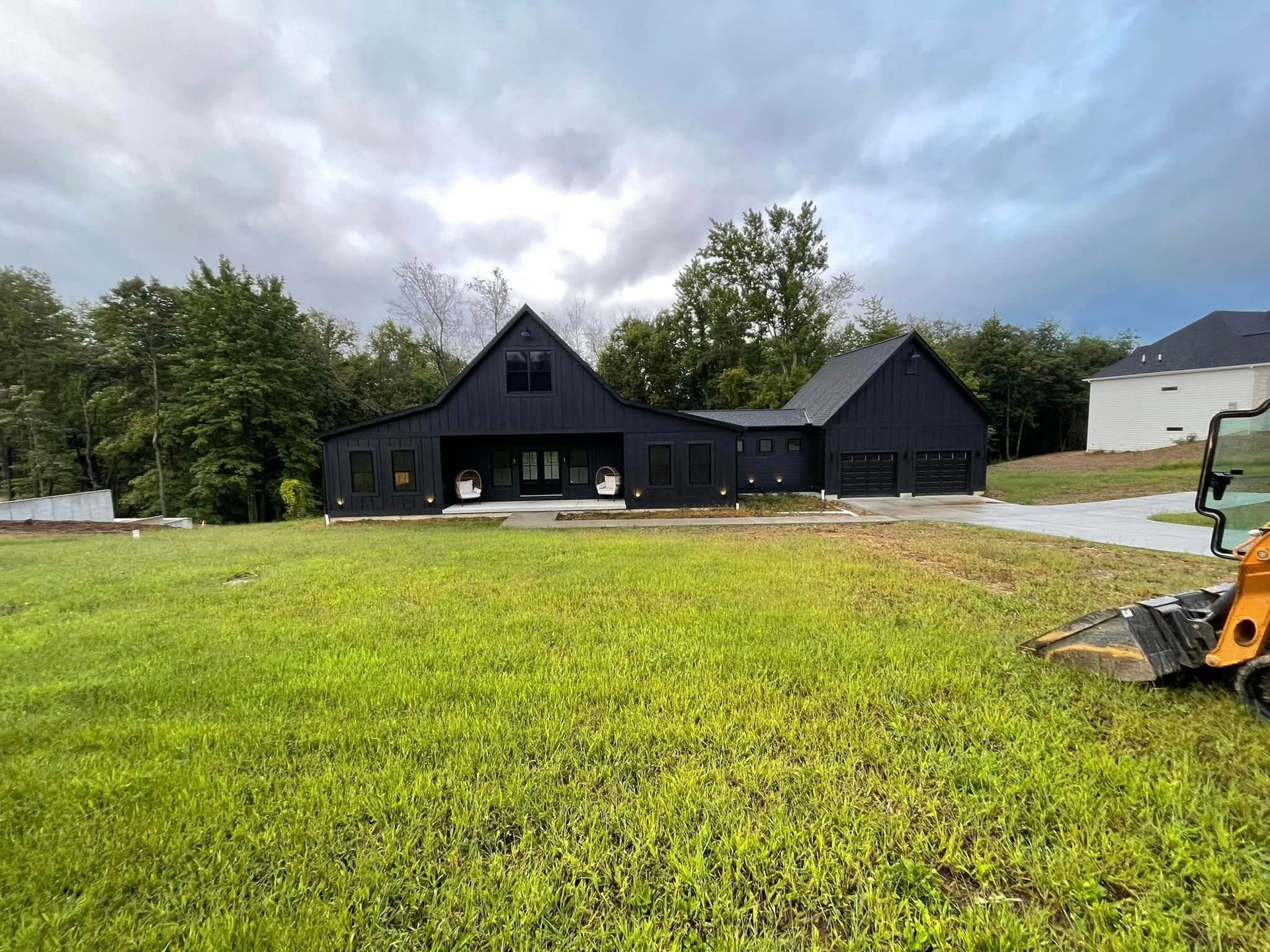The Final Touches: What Happens When Project Scopes Overlap in Construction
Double B Excavations & Grade LLC
When Projects Intersect
NAVIGATING THE FINAL STAGES OF MULTIPLE-CONTRACTOR PROJECTS
We're wrapping up a project in Dublin right now that perfectly shows why construction isn't always as straightforward as people might think.
The driveway's done, we're ready for final grading and hydroseed, but we've hit a small snag - some concrete pillars that need backfilling.
Sounds simple enough, right?
Well, this is where things get interesting.
In construction, especially residential work, you often have multiple contractors working on the same property.
Each one has their specific role, but sometimes these roles overlap.
That's when you need experience and good judgment to keep things running smooth.
As a property owner, understanding how these situations get handled can save you time, money, and headaches down the road.
Welcome to Double B!
The Current Situation
Let me paint the picture of where we're at in Dublin. The driveway's looking great - we've got it all compacted and ready to go. Once we get some rain on it, those natural stone colors are really going to pop. We're also ready for final grading and hydroseed, which will transform this construction site into a finished landscape.
But here's where we've hit pause: there are concrete pillars that need dirt backfilled around them. Now, this might seem like a small detail, but it's actually pretty important. We could jump in and do it - we've got the equipment and know-how. But here's the thing: there's a landscaping company contracted for this project too, and this work might be part of their scope. Going ahead without checking could cause problems down the line.
This isn't just about moving some dirt around. It's about using the right type of fill, coordinating with the landscaper's plans, and making sure everything's done in the right order. Getting this wrong could affect both the look and function of the final product, and that's not something we're willing to risk.
Professional Problem-Solving
When you run into situations like this, there's a right way and a wrong way to handle it. The wrong way would be to just jump in and do the work without checking - even if we think we're being helpful. The right way is what we're doing in Dublin: taking a step back and looking at the whole picture.
First thing we do is check the contracts. What exactly are we responsible for, and what falls under the landscaper's scope? This isn't about avoiding work - it's about respecting professional boundaries and making sure everything gets done right. Sometimes what seems like a simple task, like backfilling around concrete pillars, needs specific materials or methods to work with the landscaper's plans.
The next step is communication. We reach out to the homeowner and talk with the landscaping company. Maybe they've already ordered special fill dirt that matches what they're using elsewhere. Maybe they have specific grading plans that would be affected by how we backfill. These are the kinds of details that matter.
Why These Decisions Matter
You might wonder why we make such a big deal about something that seems pretty straightforward. But here's what years of experience has taught me: the small decisions often have the biggest impact. When you're dealing with multiple contractors on a job, one person's quick fix can turn into another person's major headache.
Think about it this way: if we backfill those pillars with the wrong type of dirt, it could affect how well the grass grows around them. If we grade it differently than what the landscaper planned, it might mess up their drainage design. And if we step on another contractor's toes by doing their work, it can damage professional relationships that we've spent years building.
This isn't just about one project in Dublin - it's about doing things the right way every time. When contractors work well together, everybody wins. The project runs smoother, the final result is better, and most importantly, the homeowner gets exactly what they paid for.
Best Practices for Project Overlap
Let me share what we've learned over the years about handling these situations. Whether you're a homeowner managing a big project or a contractor working alongside others, these principles make all the difference.
Clear communication comes first. Like on this Dublin project, we always make sure everyone knows what's happening. That means talking with the homeowner, checking in with other contractors, and keeping everyone in the loop. It might take a few extra phone calls, but it saves a lot of headaches later.
Being flexible matters too. Sometimes you need to adjust your schedule to work around other contractors. Other times, like with these concrete pillars, you might need to wait for answers before moving forward. That's just part of doing the job right.
Closing
As we wrap up in Dublin, we're handling things the way we always do - with patience and professionalism. Once we figure out the plan for those concrete pillars, we'll finish the final grading and get the hydroseed down. The driveway's already looking great, and soon the whole property will come together just like the homeowner envisioned.
Looking Forward
If you're planning a project that involves multiple contractors, remember this: good coordination is just as important as good construction. Whether you're in Dublin, Columbus, or anywhere in central Ohio, make sure your contractors understand how to work together. It might take a little extra time upfront, but it's worth it for the final result.
Have questions about how we handle complex projects or work with other contractors? We're always happy to walk you through our process. Because at the end of the day, it's not just about getting the job done - it's about getting it done right.








